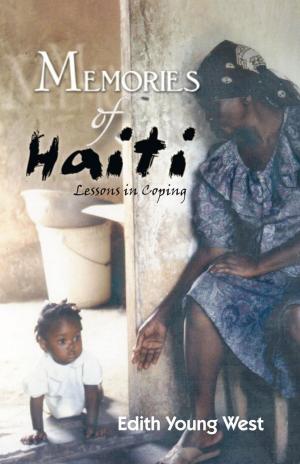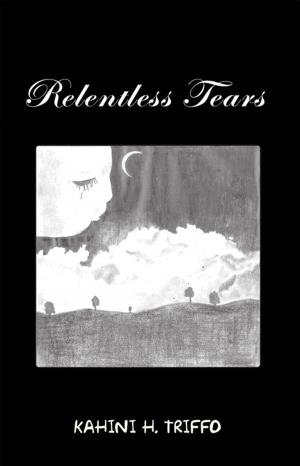What Girls Say About Their Science Education Experiences
Is Anybody Really Listening?
Nonfiction, Reference & Language, Education & Teaching, Educational Theory, Evaluation, Science & Nature, Science| Author: | Michael Papadimitriou | ISBN: | 9781412226226 |
| Publisher: | Trafford Publishing | Publication: | July 13, 2004 |
| Imprint: | Trafford Publishing | Language: | English |
| Author: | Michael Papadimitriou |
| ISBN: | 9781412226226 |
| Publisher: | Trafford Publishing |
| Publication: | July 13, 2004 |
| Imprint: | Trafford Publishing |
| Language: | English |
What Girls Say About Their Science Education Experiences describes the science education experiences of 12 young ladies enrolled in advanced science courses in a Southeast Texas High School. What Girls Say... includes profiles of each girl and topical chapters dealing with generalizations about the key elements of experience that the girls illuminated. Also, a detailed review of the current literature related to girls and science is provided. The strength of the text lies in the use of the participants. words to describe their own experiences.
Unfortunately, despite over 30 years of research related to gender and science education, females still are underrepresented in some upper-level high school science courses, particular college science curricula and majors, and many scientific careers. While boys and girls enter school with equal ability, girls are marginalized in science and math to the point that they trail males in science interest and participation by graduation time. However, such differences have decreased.
While attitudes, achievement levels, and the other components of "the science education experience" have been quantitatively examined, very little qualitative analysis exists to describe the educational experience of females in American high school classrooms from the perspective of the student. A description of this phenomenon as constructed through the experiences of female students represents a worthy pursuit. This book represents an attempt to describe this phenomenon as constructed through the experiences of female students. Very simply, the purpose of this book was to describe the essential elements of the current science education experience as constructed by female physics and advanced chemistry students. The construct of science education experience for females included perceived (a) affective attitudes, (b) achievement and success, (c) ability, (d) cultural factors, (e) social-psychological factors, (f) interpersonal factors, and (g) instructional/teacher factors. All of these topics are addressed in What Girls Say About Their Science Education Experiences.
What Girls Say About Their Science Education Experiences describes the science education experiences of 12 young ladies enrolled in advanced science courses in a Southeast Texas High School. What Girls Say... includes profiles of each girl and topical chapters dealing with generalizations about the key elements of experience that the girls illuminated. Also, a detailed review of the current literature related to girls and science is provided. The strength of the text lies in the use of the participants. words to describe their own experiences.
Unfortunately, despite over 30 years of research related to gender and science education, females still are underrepresented in some upper-level high school science courses, particular college science curricula and majors, and many scientific careers. While boys and girls enter school with equal ability, girls are marginalized in science and math to the point that they trail males in science interest and participation by graduation time. However, such differences have decreased.
While attitudes, achievement levels, and the other components of "the science education experience" have been quantitatively examined, very little qualitative analysis exists to describe the educational experience of females in American high school classrooms from the perspective of the student. A description of this phenomenon as constructed through the experiences of female students represents a worthy pursuit. This book represents an attempt to describe this phenomenon as constructed through the experiences of female students. Very simply, the purpose of this book was to describe the essential elements of the current science education experience as constructed by female physics and advanced chemistry students. The construct of science education experience for females included perceived (a) affective attitudes, (b) achievement and success, (c) ability, (d) cultural factors, (e) social-psychological factors, (f) interpersonal factors, and (g) instructional/teacher factors. All of these topics are addressed in What Girls Say About Their Science Education Experiences.















